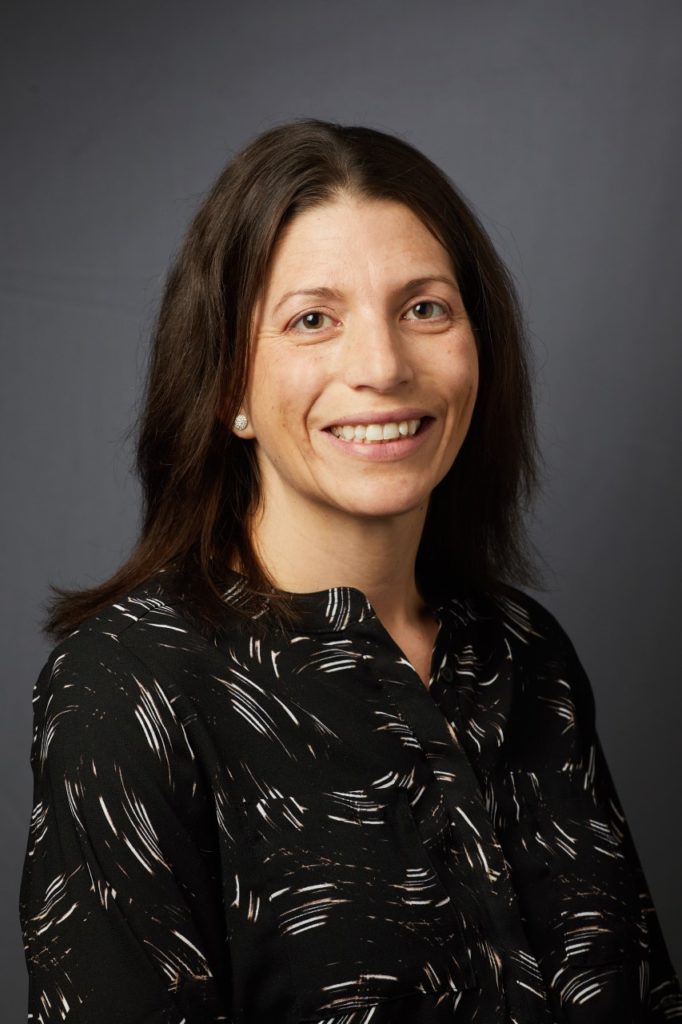2022 Alumni Keynote
 AmberJean Hansen, MPH graduated from Western Connecticut State University in 2013 with a BA in biology and a minor in chemistry. She received a Master’s in Public Health from the University of New England in 2016. Since 2015, AmberJean has been a research assistant at the Connecticut Emerging Infections Program at the Yale School of Public Health. At Yale, she works primarily on activities for the TickNET program, which is a collaboration among the CDC, state and local health departments, and academic institutions working to enhance and integrate surveillance for tickborne diseases (TBDs) to facilitate applied research projects that address key public health questions. Her recent research projects have investigated TBD knowledge, attitudes, and behaviors, as well as acceptability of various TBD prevention methods. AmberJean’s research activities also include working on a Group B Strep case-control study and a variety of COVID-19 response projects. In 2021, she was part of the team that received the Linda Lorimer Award for impactful response during the COVID-19 pandemic. AmberJean has participated in multiple infectious disease conferences and is the author and co-author of several papers and brief communications on emerging infectious diseases. She is thrilled to return to Western Research Day where she presented original research for the first time as an undergraduate student in 2013.
AmberJean Hansen, MPH graduated from Western Connecticut State University in 2013 with a BA in biology and a minor in chemistry. She received a Master’s in Public Health from the University of New England in 2016. Since 2015, AmberJean has been a research assistant at the Connecticut Emerging Infections Program at the Yale School of Public Health. At Yale, she works primarily on activities for the TickNET program, which is a collaboration among the CDC, state and local health departments, and academic institutions working to enhance and integrate surveillance for tickborne diseases (TBDs) to facilitate applied research projects that address key public health questions. Her recent research projects have investigated TBD knowledge, attitudes, and behaviors, as well as acceptability of various TBD prevention methods. AmberJean’s research activities also include working on a Group B Strep case-control study and a variety of COVID-19 response projects. In 2021, she was part of the team that received the Linda Lorimer Award for impactful response during the COVID-19 pandemic. AmberJean has participated in multiple infectious disease conferences and is the author and co-author of several papers and brief communications on emerging infectious diseases. She is thrilled to return to Western Research Day where she presented original research for the first time as an undergraduate student in 2013.
The title of her presentation will be:
It started out with just ticks, how did it end up like this? Public health research in endemic and pandemic times.
Abstract:
Public Health is rarely like a linear, measured 30-second tick drag. Often, we must amend the protocol as new information is gained. Experiences and skills acquired early on can help aide in our future adaptability when faced with sudden challenges. This presentation will provide an overview of a sampling of TickNET public health research projects including the Cost of Lyme Disease study, Tickborne Disease Knowledge, Attitudes and Beliefs Survey, and the recent Lyme disease Vaccine Acceptability Survey. However, what happens when a global pandemic halts your regular research? Discussion will also surround how amassed experiences in different project types allowed for a shift in gears to aide in a COVID-19 rapid public health call to action.

